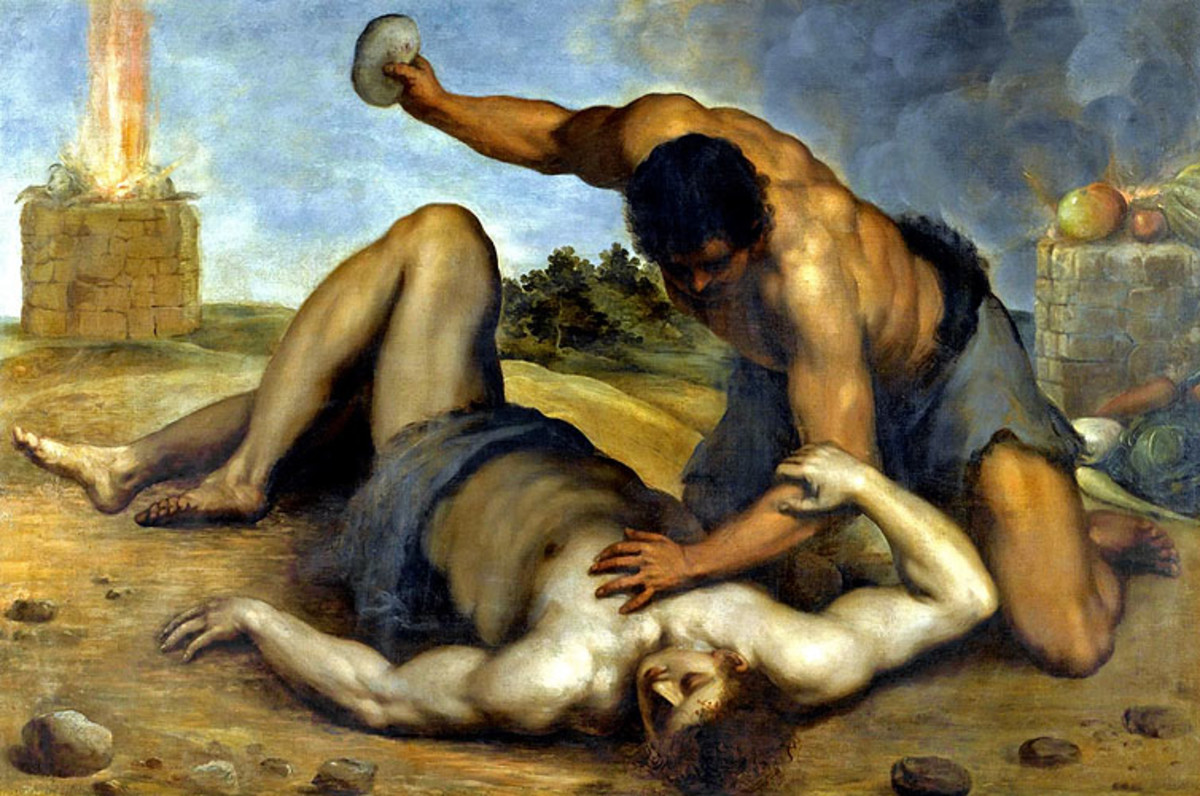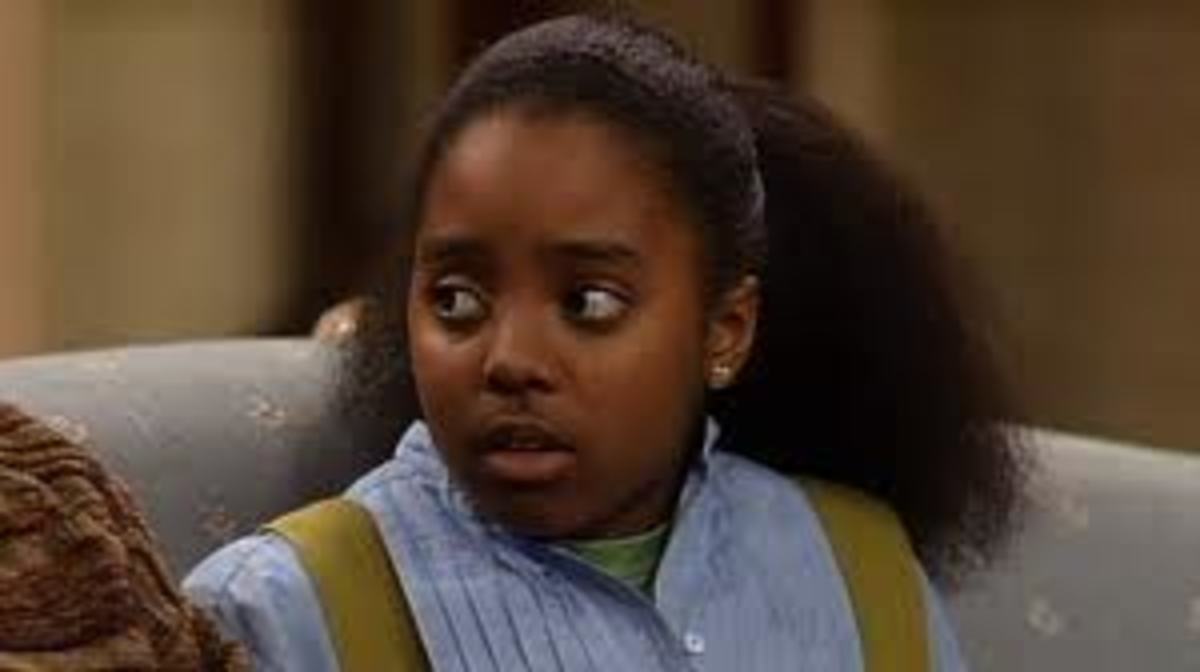The Birth Order Quandary, Part 1/2
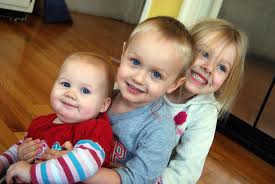
THE OLDEST CHILD
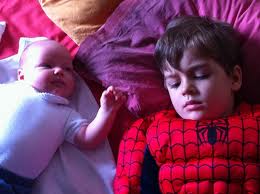
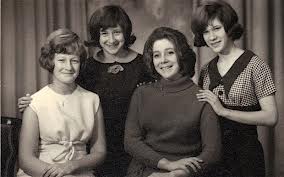

THE MIDDLE CHILD


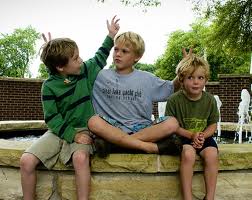
THE NEVERENDING STORY
Which birth order would one DESIRE to be? OLDEST? MIDDLE? OR YOUNGEST?
This hub is in response to the request, WOULD YOU RATHER BE THE OLDEST, IN THE MIDDLE, OR THE YOUNGEST? by a brother hubber.
The subject of birth order is often fraught with numerous issues. Naturally, there are positives and negatives regarding each individual birth order. Each birth order has a purpose in the familial order of things. Besides this, each birth order is unique and should be respected as such. Each person's respective birth order indeed provides him/her with valuable life lessons to be learned.
I. THE OLDEST CHILD IN THE FAMILY
The oldest child is often the most difficult of all respective birth orders. He/she is often the standard bearer for his/her younger siblings. He/she is expected by parents and siblings alike to be as near perfect or perfect as possible. Parents often have stricter and higher expectations of their oldest children than they do their younger children.
The oldest child in essence must present a strong image for his/her parents and younger siblings. After all, he/she is THE ONE whom the younger siblings want to emulate. That means that he/she must be constantly in control and not to present any characteristics which may be perceived to be vulnerable. Demonstrating any so-called vulnerable characteristics would cause the oldest child to lose his/her status in the eyes of parents and younger siblings. To put it succinctly, he/she has to be constantly "on" 24/7/365!
The oldest child is often considered to be the responsible and stalwart one in the family. While the parents are the primary authoritative figures, the oldest child is often the secondary authoritative figure especially to his/her younger siblings. He/she is often the go-to person or the counselor to his/her younger siblings.
The oldest child is expected to assume adultlike behavior and responsibilities much sooner than any other birth order in the family. Of all the birth orders, he/she oftentimes have either the shortest and/or the least carefree childhoods imaginable. There are unwritten familial expectations on the part of the parents that he/she fulfill the authoritative, caretaker, guardian, nurturing, and/or protective role to their younger siblings.
There are many oldest children who enjoy being the confidant and advisor to their younger siblings. They have the more glamorous role of being the oldest child.....the cool, hip older sibling that the younger siblings aspire to be when they become older. They have the life and freedoms that their younger siblings wish that they had. In essence, their lives as oldest children are filled with more positive aspects of their ordinal birth position than the negatives. If they are assigned to caretaking duties, these duties are rare and do not interfere with their formative childhood and adolescent years.
However, there are few oldest children who have to assume either the surrogate parenting or parentis in locos role to their younger siblings. These oldest children fulfill the overwhelming majority of parental roles in the family. One could aptly called these oldest children the parentified child. The parentified child is the child who assumes most, if not all of the parenting role in the family structure. Oldest children who assume this role have no semblance of a normal childhood and adolescence. They have no lives of their own. They spend these years raising their younger siblings.
As a result of the oldest child being assigned to authoritative, caretaking, guardianship, nurturing, and/or surrogate parenting roles to their younger siblings, the former are inculcated with the premise that their needs are not as important as the needs of their younger siblings. Subconsciously, many oldest children believe that to even consider their own needs would be equivalent to be uncaring, selfish, and totally irresponsible. The last thing that many oldest children want to be considered is .................well, irresponsible. To many oldest children, being responsible is a badge of honor.
Parents are the strictest, most exacting, and the most unrelenting in interfacing with their oldest children. They want to ascertain that everything is as copacetic as possible as they are first time parents. Everything they do regarding interfacing with their first child in their estimation must be as perfect and smooth as possible.
As first time parents, these parents inflict their perfectionistic standards to their children. The average parent is more exact in raising their oldest children, often easing up as succedent children are born into the family. The oldest child often absorb either consciously or subconsciously his/her parents' exacting and severe expectations of him/her. He/she is expected to be on his/her best behavior at all times. He/she is oftentimes granted no quarter nor leniency if he/she is not on his perfect behavior.
The oldest child is naturally expected to be "the best" and "always more" as he/she is often the standard bearer and the example setter for his/her younger siblings to emulate. Because of these demanding expectations, he/she is often punished more often and more harshly by his/her parents for similar behavior that his/her younger siblings would be either lightly chastised for and/or allowed to get away with. The reasoning for the punishments is that because he/she is the oldest, he/she ought to be more mature and know better.
In addition to being punished more often and harshly, the oldest child is often punished and/or castigated for behavior and/or offenses that his/her younger siblings commit. He/she is often in a Catch-22 situation. He/she never seems to get an even break. He/she is often like Moses, shouldering ALL the responsibilities, seen and unseen, for his/her younger siblings. Again, it goes to reason that since he/she is the oldest, he/she should know how and/or ought to control his/her younger siblings' bad and/or errant behavior. Yes, he/she NEVER gets a break- it is always a NEVERENDING story-the long and winding road!
The oldest child in the family is often the one who is treated the most differentially. He/she is often told to adult up even as a young child. He/she is often hugged and indulged less by his/her parents than his/her younger siblings. He/she is held to inordinately tough standards and simply CANNOT GET AWAY WITH ANYTHING.
As a result of the oldest child being given more responsibility and expected to be the example setter for his/her younger siblings, he/she adopts either an authoritative or authoritarian attitude towards others. He/she often gravitates towards authoritative, guardian, and/or leadership positions in school and other spheres in life. For example, actress/singer Vanessa L. Williams, oldest of two children, in her interviews, stated that she was class president in the 8th grade. Ms. Williams currently have directorships in numerous charities. He/she is quite comfortable with the concept of power and control.
It is nothing for an oldest child to be in high powered positions as he/she love telling others what to do and how to be. He/she love calling the shots and to be in ownership. He/she wants to be in first place and often have the winner takes all mentality. Many oldest children live by the premise that might is equivalent to power and right.
Conversely, there are so many oldest children who have been so inundated with so many responsibilities in their formative years that as they get older, they wish to assume as little responsibilities as possible. They maintain that since they have missed their childhoods and adolescence, they are going to live carefree lives as adults. They assert that being the oldest child i.e. the responsible one in their respective families is way too much of a cross to bear and to endure. Their premise is that they want to be free and unencumbered, not to be always the heavy so to speak!
II. THE MIDDLE CHILD IN THE FAMILY
The middle child of the family is in a quite complex position in the family. He/she is neither the oldest nor the youngest in their respective families. He/she is in betwixt as they say. The middle child in the family is one of the LEAST UNDERSTOOD positions in the birth order scenario. Who is HE/SHE really? The position of the middle child in the family can be quite hard to fathom to say the least.
The middle child can be aptly described as the nebulous one. He/ she cannot simply be easily categorized nor described. He/she is in the familial Graylands so to speak. In other words, he/she is neither here nor there! He/she is seldom recognized and/or appreciated for his/her unique individuality and/or personality. He/she is often overshadowed and overlooked in favor of either his/her older and/or younger siblings.
There is a syndrome which aptly describes the middle child. It is called the JAN BRADY SYNDROME. It seems that no matter what he/she does, he/she just never seems to get noticed and/or loved for whom he/she actually is. There is always SOMEONE ELSE in the family who gets adulated and/or lionized. The mantra of the middle child is, "When will I I I I I be recognized !"
You see the middle child is not viewed as an individual and/or unique in his/her own right. He/she is always considered to be the appendage of either an older and/or younger sibling. He/she is just there, no more, no less. As the proverbially quintessential middle child Jan Brady laments in her torturous wail, it is always MARSHA, MARSHA, MARSHA!
The familial situation of the middle child in the family can be described as lower purgatorial angst. In fact, many middle children equate their lives as a long purgatory. When will IT ever end! Case in point, he/she often feels as if he/she is near the familial bottomless pit of anonymity and total nothingness. He/she feels quite inconsequential and nondescript in the familial scheme of things.
The middle child is oftentimes considered to be the least favored child in the family. Biographies about the late Princess Grace of Monaco, a middle child, frequently stated that her father, Jack Kelly, favored the oldest child, Peggy, over her. Mr. Kelly reiterated numerous times in interviews that whatever his daughter Grace could do, his oldest daughter, Peggy, could do the same things indefinitely better! It is de rigueur fact of life that many middle child expect to be underappreciated and/or undervalued by their respective family members.
The association with being a middle child is often quite negative to say the least. Of all the respective birth orders, the middle child is the second most maligned birth order. The only other birth order that has more negativity associated with it is the only child. The middle child is often virulently demonized and/or denigrated as a persona non grata. He/she is often considered to be either near the bottom and/or at the bottom of the birth order food chain.
Many studies substantiate that middle children are the LEAST satisfied with their respective birth orders. They are not lionized nor emulated like the oldest child. Neither are they indulged, pampered, and cuddled like the youngest child. They are in birth order's no man's land so to speak.
As a consequence of the middle child being either overlooked and/or unnoticed in the family constellation, many have little or a poor sense of self. Many middle child have an inferiority complex. Some respond to their environment by becoming quite anonymous and fading into the background. Their reasoning is that since no one notices me, I might as well become a void.
However, there are other middle children who become quite aggressive and vocal in order for others to take notice of them. Still many others become the family everyperson in order to make their parents and siblings take notice of them. Furthermore, because many middle children are overshadowed by their family members, they are often left to their own devices. Yes, the middle child is often one of the most independent of all birth orders. They are also more likely to have more associations outside of the family circle. They are also more likely to go their own individual way and to do things that are divergently different from that of other family members.
As a result of their in-between status in the family, middle children are excellent negotiators who can see all sides of an argument, a discussion, and/or a situation. They are vocal proponents for the underdog and the downtrodden. Many of them feel that since they were such in their respective families, they have direct knowledge of what it is like to be at the bottom of the chain and vow not to let others suffer as they have.
The middle child knows the meaning of teamwork and being a team player. With a few exceptions, middle children are not prima donnas. They know how to interface well with others. They also know to how to give and take. They are also the most democratic of all birth orders. They practice the concept that everyone has an equal voice and that everyone is a star in his/her own show.
© 2012 Grace Marguerite Williams


